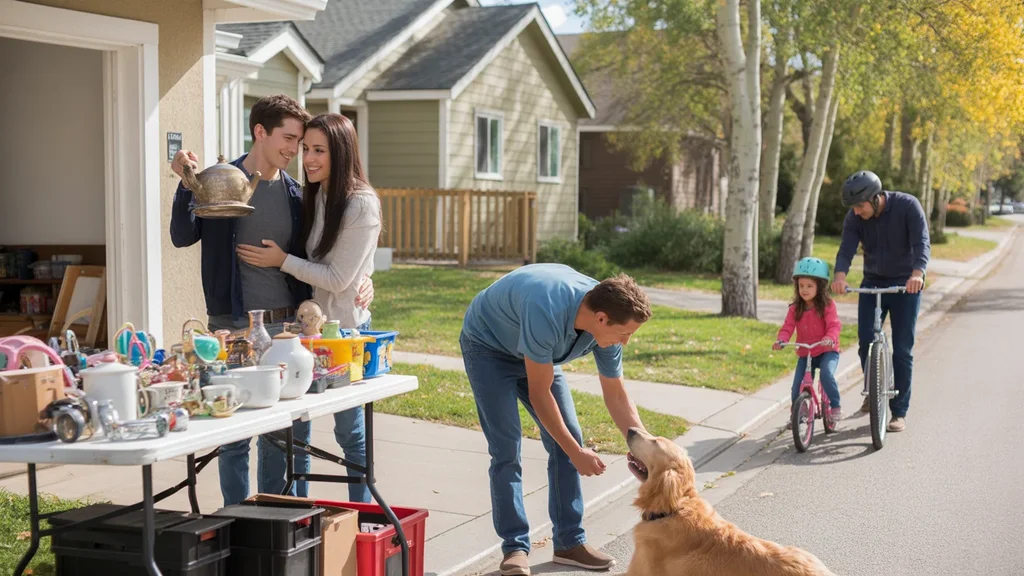Renting vs. Owning in Boulder: What You’ll Pay

When comparing the cost of living in an apartment vs house in Boulder, the first factor to consider is rent or mortgage payments. According to local data, the average rent for a 2-bedroom apartment in Boulder is around $2,200 per month. The average rent for a 3-bedroom house in Boulder is $3,400 per month. Mortgage costs for a house purchase vary based on down payment and interest rates, but are generally higher than rents for comparable properties.
Of course, housing costs are just one piece of the puzzle. Utilities, maintenance, and lifestyle considerations also play a role in the total cost of living. Let’s break down the numbers side-by-side.
Table: Cost Comparison – Apartment vs House
Here’s a side-by-side breakdown of common monthly costs in Boulder:
| Expense | 2BR Apartment | 3BR House |
|---|---|---|
| Rent/Mortgage | $2,200 | $3,400 |
| Utilities | $180 | $320 |
| Internet | $65 | $75 |
| Insurance | $15 | $120 |
| Maintenance/HOA | $0 | $250 |
| Total | $2,460 | $4,165 |
Estimates are for mid-range units with typical usage.
As the table shows, houses in Boulder tend to come with significantly higher monthly costs across the board. The total cost difference between renting an apartment and owning a house can easily exceed $1,500 per month. These figures represent gross costs before any tax benefits of homeownership.
Utility and Upkeep Differences
In addition to higher base rents and mortgages, houses typically have larger utility loads than apartments. Detached homes have more exterior surface area, requiring more energy for heating and cooling. They also often have yards with irrigation systems, adding to water costs.
Some factors that impact utility costs for houses vs. apartments in Boulder include:
- Larger square footage to heat and cool
- Older, less efficient appliances and HVAC
- Lawn and garden watering
- Trash and recycling fees
In Boulder, many apartment complexes include trash service and sometimes even internet in the base rent. Newer apartments may also have more efficient appliances and windows to keep utility costs down. Older houses, on the other hand, often use swamp coolers which can reduce cooling bills in the summer but provide less comfort than central A/C.
Lifestyle Tradeoffs
Of course, the decision between renting an apartment and buying a house isn’t just about money. Lifestyle fit is equally important. Apartments offer greater flexibility, mobility, and freedom from maintenance. They are often located in more walkable areas near shops and restaurants. Many Boulder residents choose apartments for their convenience and active social scene.
Houses, on the other hand, provide more privacy, space, and control. They allow personalizing the property and often have private yards for gardening, pets, and entertaining. Families with children or dogs may prefer houses for the extra room to spread out. And while Boulder is a relatively compact city, some neighborhoods are more car-dependent, making driveway parking at a house an attractive perk.
Which Is Cheaper Long Term in Boulder?
While renting is almost always cheaper than owning on a monthly basis, the long-term cost comparison depends on the appreciation of the property and the rent vs. buy timeline. In a market like Boulder with fast-rising prices, owning a home can build significant equity over time. A homeowner who stays put for 10+ years will likely come out ahead financially.
However, owning also comes with more risk and responsibility. Maintenance and repair costs are unpredictable. Property taxes and insurance generally increase every year. And a job loss or market downturn could make the house harder to afford or sell.
Assuming 4% annual appreciation for a $600,000 house and 3% annual rent increases, owning would become cheaper than renting after about 6 years. But this break-even point changes based on the specific property, down payment, interest rate, and tax situation. Ultimately, the decision depends on your personal circumstances and plans.
FAQs About Housing Costs in Boulder
How much more does a house cost per month?
On average, a house in Boulder costs about $1,500 more per month than an apartment when you include mortgage, taxes, insurance, utilities, and maintenance. The exact difference depends on the size and location of each property.
Do houses come with higher utility bills?
Yes, houses typically have higher utility costs than apartments due to their larger size, detached structure, and yard upkeep. The difference can be $100 or more per month.
Are apartments cheaper even with pet fees?
For most pet owners, total monthly costs are still significantly lower in an apartment than a house, even with pet rent factored in. A typical pet fee of $35 per month is minimal compared to the extra $1,500+ per month to rent or own a house.
Making the Right Housing Choice in Boulder
Choosing between an apartment and a house in Boulder is a combination of budget, lifestyle priorities, and long-term plans. Be sure to consider the full picture of monthly expenses as shown in this monthly budget breakdown for Boulder residents. And don’t forget to factor in property taxes and HOA fees if you’re considering buying a home or condo.
If walkability and flexibility are your top priorities, renting an apartment may be the way to go. You’ll likely save considerably on monthly costs while still enjoying Boulder’s world-class recreation and amenities. But if you’re ready to put down roots and build equity, a house can be a great long-term investment. Just be prepared for the higher upfront and ongoing costs.
No matter which option you choose, you’ll get to experience the unbeatable lifestyle and natural beauty that Boulder offers. Knowing the budget differences can help you find the perfect place to call home in this amazing city.
